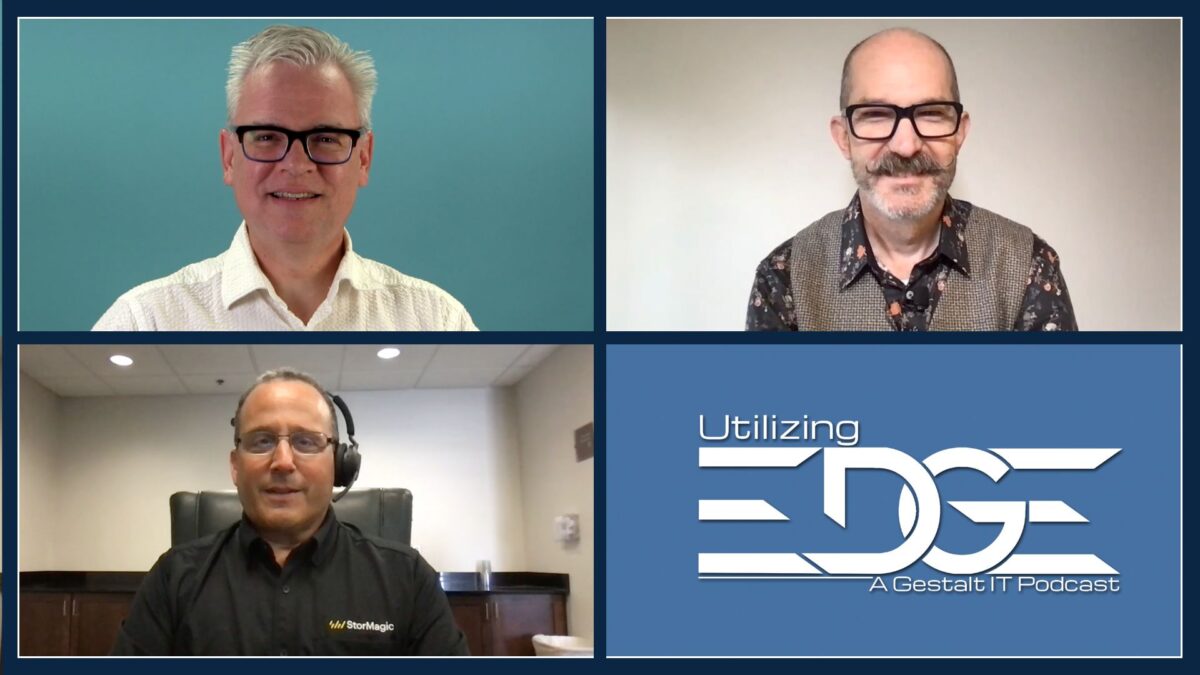Media and entertainment is one industry generating and moving vast amounts of data at the edge. This episode of Utilizing Edge brings Jimmy Fusil of Tsecond into a discussion with Alastair Cooke and Stephen Foskett about the unique data challenges in media and entertainment. There is a great need for local processing, secure data transport, and efficient storage utilization in managing the ever-increasing volume of data generated during film and TV production. The podcast explores the continued relevance of physical media, like tape, for long-term archiving, while also emphasizing the security measures necessary to protect creative privacy and prevent potential plot leaks in the industry. Fusil also discusses Tsecond’s groundbreaking product, Bryck, a portable NVMe storage device capable of holding up to a petabyte of data with a remarkable 40GBps data transfer speed. The discussion highlights how Bryck’s high-performance storage facilitates on-device data processing, ensuring quick backups and maintaining data integrity. It’s critical to consider edge storage solutions like Bryck in many data-intensive sectors beyond media and entertainment as well.


